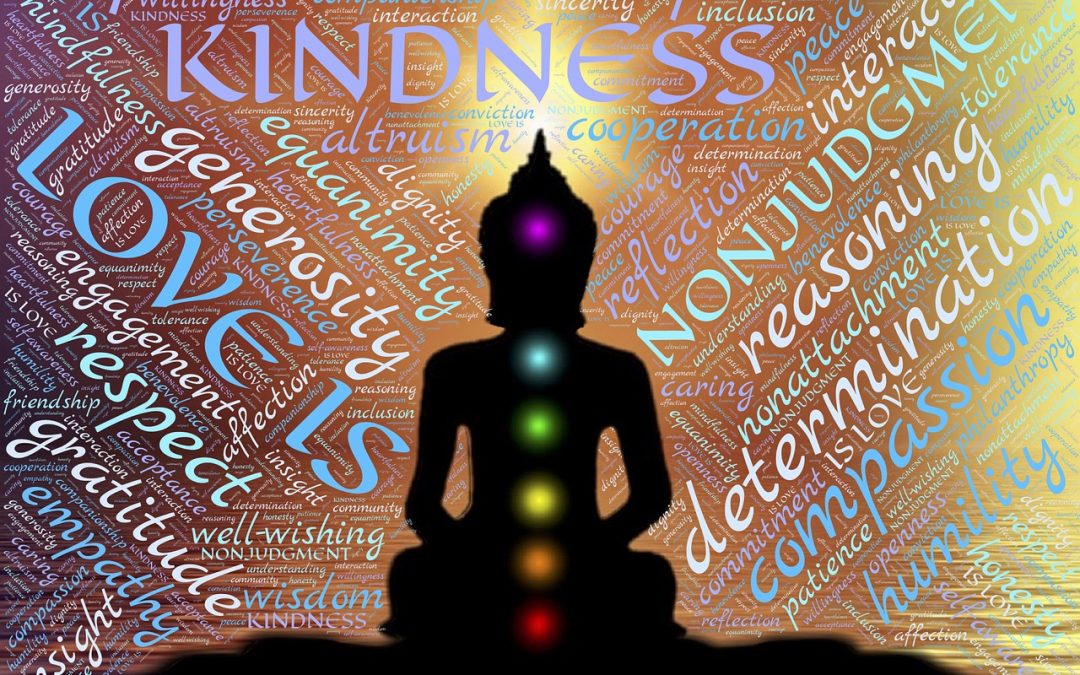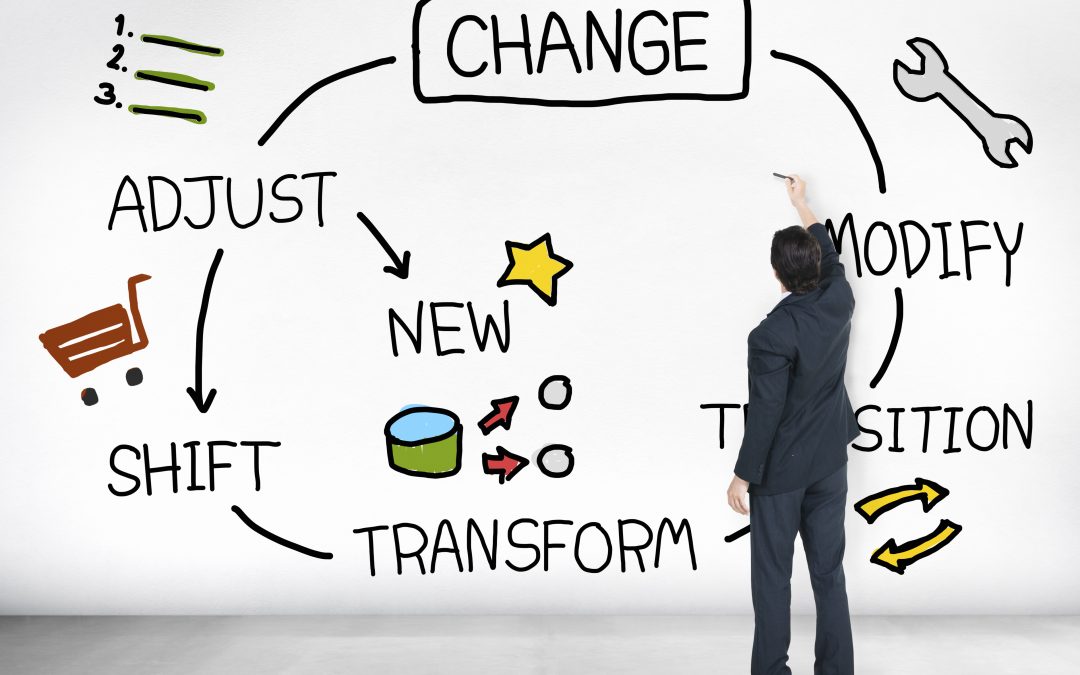
by PT-clc | Feb 13, 2018 | Health & Wellbeing, Self-Care, Stress Management
I’ve come to believe that if I don’t truly love myself and treat myself with kindness, I’m unable to have a happy, fulfilling and healthy relationship with someone else.
February is celebrated as the month of love in many countries around the world. It’s often thought of in the context of romantic love. That said, this month has got me thinking about self-love and being kind to myself. I believe in the saying If you aren’t good to yourself, no one else will be.
We often give so much to others that there is little left for ourselves and we feel depleted, exhausted and at times resentful. We think that if we say “No” that others won’t like us or we’ll be letting them down. I know for sure that when you set healthy boundaries, people sense and respect them and still love you, perhaps even more.
So What does being kind to yourself look and feel like for you?
For me it looks like:
- Taking time each day to do something special for me
- Meditating each morning.
- Doing yoga 3 times a week or more
- Walking in nature once a week or more
- Booking trips and making time to visit my grandchildren every quarter
- Truly being present with family and friends when I am with them
- In yoga class, listening to my body and not pushing myself when I feel low in energy
- Taking time to breathe and “smell the roses’ instead of constantly thinking about my “to-do” list
- Listening to music I love
- Letting my inner child come out to play regularly – through dancing around my kitchen, finger painting without a picture in mind, swimming, kayaking, hiking, cycling
- When my inner critic begins to chatter in my head, saying a loud NO to it and stating “I’m not listening to you any more” and then reframing the negative chatter into a positive statement and saying it aloud
- Treating myself to a massage
- Treating myself to a pedicure
When I’m kind to myself I feel:
- Relaxed
- Playful
- Fully present
- At ease
- Free of negative chatter
- Grateful
- Creative
- In “the flow”
- Fun to be around
- Inspired
I invite you to answer this question and notice what flows out of you. I challenge you to begin every morning thinking about and choosing at least one way you wish to be kind to yourself that day. During the day notice how you feel when you are doing so, and also how others respond to you. Continue doing this each day for three weeks and notice what difference it makes in your life.
What I know to be true is that when we’re kind to ourselves magical things happen!
I’d love to hear from you and what you do to be kind to yourself, as well as what you notice when you intentionally do this. Please share your comments below and feel free to forward this post to others.

by PT-clc | Feb 6, 2018 | Change, Coping with Change, Creative Living, Entrepreneurship, Life Transitions, Women in Business
What does change have to do with being an entrepreneur?
- Entrepreneurship is all about change. When you start your own business it’s often scary as you’re leaving a “secure” position to go out on your own to new and uncharted territory. Having a business is all about experimenting. You try one niche and if you don’t get a great response you switch to another. You write copy for a program, product or service, test it, see who it attracts and then write some more and test that. In business we learn from our successes as well as our failures (usually more from our failures). Being successful in business requires being open to learning and growing.
- As we move through the various phases of growing our business, limiting beliefs and unresolved issues typically come up for us. Our inner critic sends us messages such as: Who do you think you are to want a 6-figure income? (related to self-worth); How can you choose such a narrow niche, you’ll have no clients? (related to fear of not making enough money). In order to grow your business you need to address those limiting beliefs and unresolved issues which involves change and transformation.
- Life Transitions and Changes in Business are intertwined. If we are stressed by changes in our business (e.g. breakdown of a business partnership), we often bring them into our personal lives and take our anger and frustration home with us. Similarly, if we are going through relationship transitions (e.g. separation or divorce), we often bring the emotions associated with those into our work. They may cause us to lose our focus, our patience and result in less engagement, lower productivity and more conflict at work.
- Our beliefs about change influence our behaviors related to it. For example, if you perceive change as scary and to be feared, then you will resist it and experience a lot of stress related to it. Whereas, if you view change as a creative process that opens you up to new possibilities, the change experience becomes exciting, easier and faster.
- There is some solace in knowing that we are all hard-wired to fear change. Our amygdala (part of the brain) is constantly scanning the environment to protect us and keep us safe. When it perceives a threat or something out of the ordinary, it sends messages to our bodies to go into fight, flight or freeze.
What happens when we don’t embrace change?
Research and life experiences show that if we don’t learn to embrace change we:
- keep repeating the same patterns in our lives and remaining unhappy and unfulfilled
- expend a lot of energy resisting change
- feel constantly under stress leading to chronic health issues and negative impacts on our relationships and our businesses.
The bottom line is if we don’t learn to embrace change, over time it negatively impacts both our personal and our professional lives.
So how can we reduce our fear of change?
We can reduce our fear of change when we:
- better understand how and why we respond to change
- learn a proven model and tools to help us reduce resistance and embrace and successfully navigate any change.
The more you understand change and the more self-aware you are about how and why you respond to it, the more easily you can embrace and move through it.
Why I’m so passionate about sharing this message
Having been an entrepreneur since the early 1990s, and running three successful businesses, I’ve experienced many changes in my business and personal life and learned some of my lessons the hard way, I know that having tools and processes to understand and embrace change is critical to creating the business and life of your dreams. I’m now called to support leaders and entrepreneurs to better understand and to embrace change. Based on more than 25 years of leading, consulting and coaching with individuals and organizations from diverse cultures on 5 continents, I’ve created the Art of Change Framework. It’s a proven 5-step process that guides and supports individuals and teams to move from fear and uncertainty to clarity and confidence. It makes the change experience fun as it likens the process to learning a dance.
We all need to process change and we do it in different ways and at different rates. When you have an increased understanding of change and how you respond to it, and proven processes and tools to help you to successfully navigate the change experience, it positively impacts your business and your bottom line.
If you’d like to learn more about the Art of Change Framework, here are some relevant articles: https://pamela-thompson.com/strengthen-impact-world-dance-change/ ; https://pamela-thompson.com/important-embrace-change-begin/
If you’re going through a life transition and would like to learn more about it and how to more easily navigate it, I encourage you to sign up for my complimentary Transition Journey Quiz and Tips – https://pamela-thompson.com/about/
I always like to hear from you and how the articles “land” and welcome your comments below. How has change affected you and your business? What tools and strategies have you found helpful to navigate change? Please share the post with others who you think might benefit.

